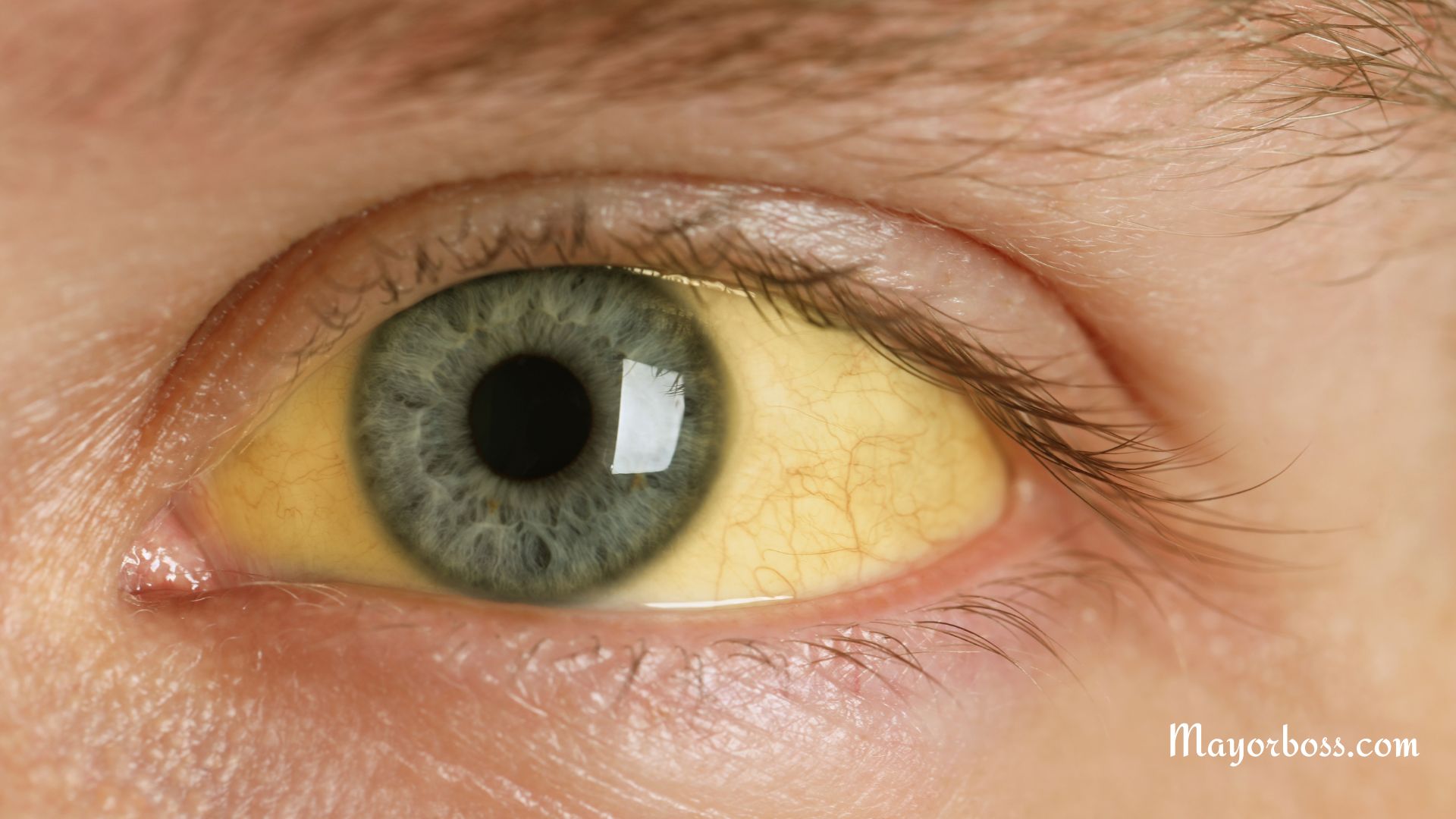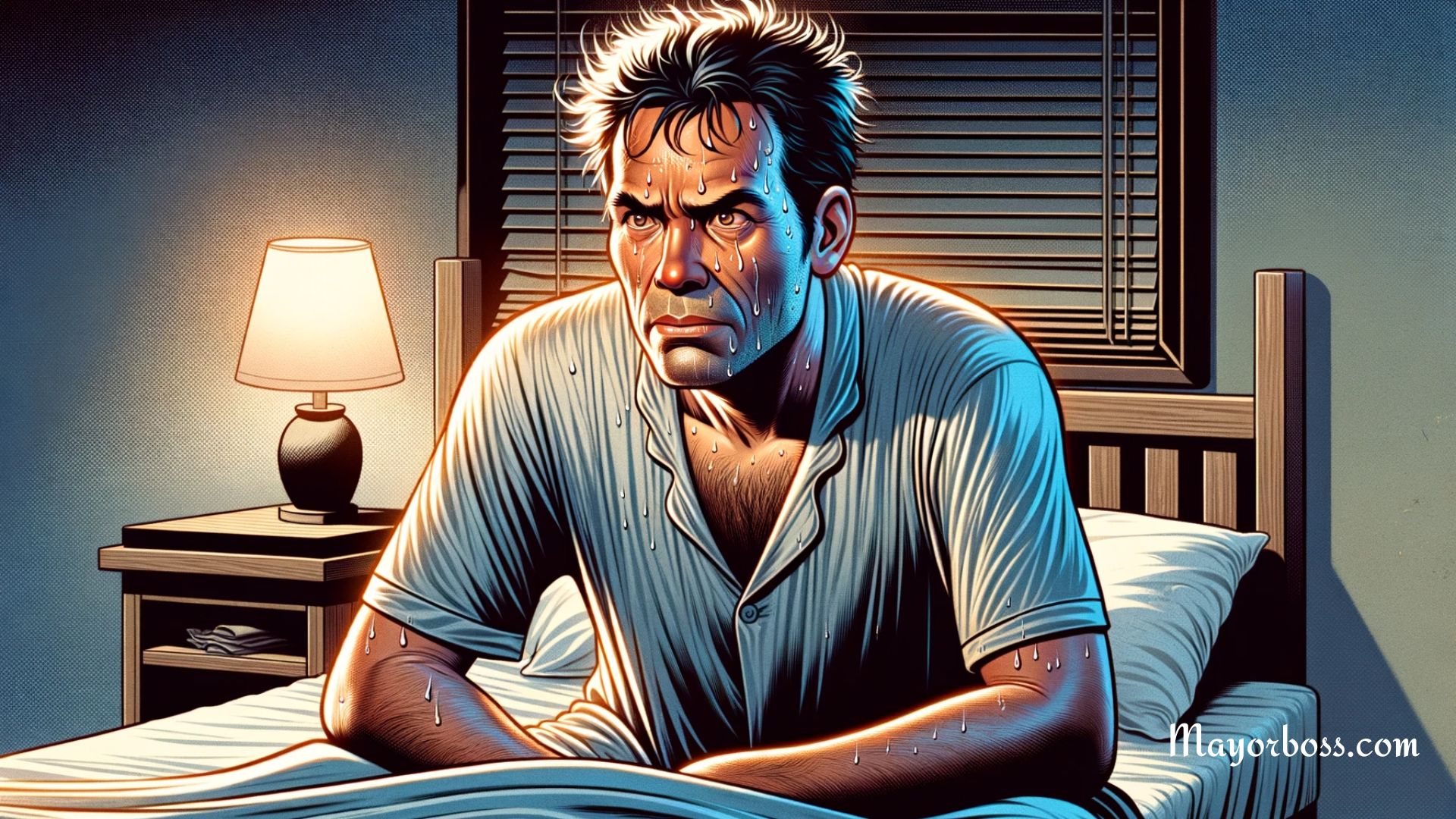What Are The Causes of Dizziness?
Dizziness, that unsettling sensation where you feel off-balance, feeling lightheaded, feeling nauseous, or as if the room is spinning around you, is not just a mere inconvenience. It’s a complex symptom that can stem from various sources, ranging from benign to serious. If you’ve ever found yourself clutching onto something for support while the room seemed to whirl around you, you’re not alone. This article explains the common causes of dizziness and how they might be affecting you.

Inner Ear Disturbances: The Balancing Act
Your inner ear is crucial for maintaining balance. It’s like the body’s gyroscope, and when something goes awry here, dizziness often follows.
- Benign Paroxysmal Positional Vertigo (BPPV): This occurs when tiny crystals in your inner ear, which help you maintain your balance, get dislodged and move to different parts of the ear where they don’t belong. This can cause brief but intense spells of dizziness, especially with changes in the position of your head.
- Meniere’s Disease: This involves excess fluid buildup in your inner ear, leading to episodes of vertigo along with ringing in the ear (tinnitus) and hearing loss.
- Vestibular Neuritis or Labyrinthitis: Inflammation in the inner ear due to a viral infection can cause prolonged dizziness or a sensation of spinning (vertigo).
Cardiovascular Causes: When the Heart Skips a Beat
Your heart and blood vessels play a pivotal role in ensuring steady blood flow to your brain. If something disrupts this flow, dizziness can be a result.
- Low Blood Pressure (Hypotension): When your blood pressure drops suddenly, your brain may not receive enough blood, leading to light-headedness or dizziness.
- Poor Circulation: Conditions like cardiomyopathy, heart arrhythmia, or transient ischemic attacks can reduce blood flow, causing dizziness.
- Dehydration: This reduces blood volume, lowering blood pressure and potentially causing dizziness.
Head Injuries
A blow to the head can lead to various types of dizziness:
- Concussion: This mild traumatic brain injury can disrupt the brain’s function, leading to dizziness, balance problems, and other symptoms.
- Post-concussion Syndrome: Some people experience dizziness and other symptoms for weeks or months after a concussion.
- Traumatic Brain Injury (TBI): More severe head injuries can cause lasting damage to the brain, leading to chronic dizziness and balance issues.
Peripheral Neuropathy: When Nerves Miscommunicate
Some individuals experience vertigo or dizziness because of peripheral neuropathy. This is a result of damage to the nerves outside the brain and spinal cord.
- Sensory Nerve Damage: This can impair your ability to sense your position relative to the ground, causing unsteadiness and dizziness.
- Autonomic Nerve Damage: This can affect blood pressure regulation, leading to dizziness, especially when standing up.
The Effects of Alcohol Overdose
Excessive alcohol consumption can directly impact your sense of balance:
- Inner Ear Disruption: Alcohol can alter the volume and composition of the fluid in the inner ear, leading to a sensation of motion or spinning that is usually explained as dizziness.
- Alcohol Poisoning: Severe alcohol intoxication affects the brain’s functioning, resulting in dizzy spells, among other serious symptoms.
Panic Attacks
Panic attacks, often characterized by an overwhelming sense of anxiety, can manifest physically as dizziness:
- Hyperventilation: During a panic attack, rapid breathing can decrease the amount of carbon dioxide in your blood, causing light-headedness or dizziness.
- Psychosomatic Response: The intense fear and stress of a panic attack can also trigger dizziness as a psychological response.
Neurological Factors: The Brain’s Influence
Your brain is the command center for balance, and neurological issues can directly impact your sense of stability.
- Migraines: These intense headaches can be accompanied by sensory disturbances, including dizziness.
- Multiple Sclerosis (MS): MS can affect the part of the brain that coordinates movement, leading to dizziness or balance issues.
- Parkinson’s Disease: This condition can affect movement and balance, resulting in dizziness.
Medications and Substances: A Side Effect to Consider
Sometimes, what’s meant to heal you can make you dizzy. Various medications can have dizziness as a side effect.
- Blood Pressure Medications: Some of these can lower your blood pressure too much, leading to dizziness.
- Sedatives and Tranquilizers: These can affect your central nervous system, causing dizziness.
- Antidepressants and Anti-Seizure Drugs: These can also impact your balance and lead to dizziness.
Lifestyle and Environmental Factors
- Alcohol and Recreational Drugs: These substances can affect your inner ear and brain, leading to temporary dizziness.
- Stress and Anxiety: These can trigger or exacerbate dizziness, often linked to a condition known as vestibular migraine.
Frequently Asked Questions
What are the most common causes of dizziness? The most common causes include inner ear disturbances like BPPV, Meniere’s Disease, dehydration, low blood pressure, and side effects from medications.
How can I tell if my dizziness is serious? If dizziness is accompanied by other symptoms like chest pain, shortness of breath, a severe headache, or sudden hearing loss, it’s important to seek medical attention immediately.
How can I prevent dizziness? Stay hydrated, avoid sudden changes in position, manage stress, and review your medications with your doctor to see if they could be contributing to your dizziness.
Remember, dizziness is a symptom, not a disease. Its causes are varied, and understanding them is the first step in addressing this disorienting and often distressing experience. If you’re experiencing persistent or severe dizziness, it’s essential to consult with a healthcare professional for a proper diagnosis and treatment plan.






